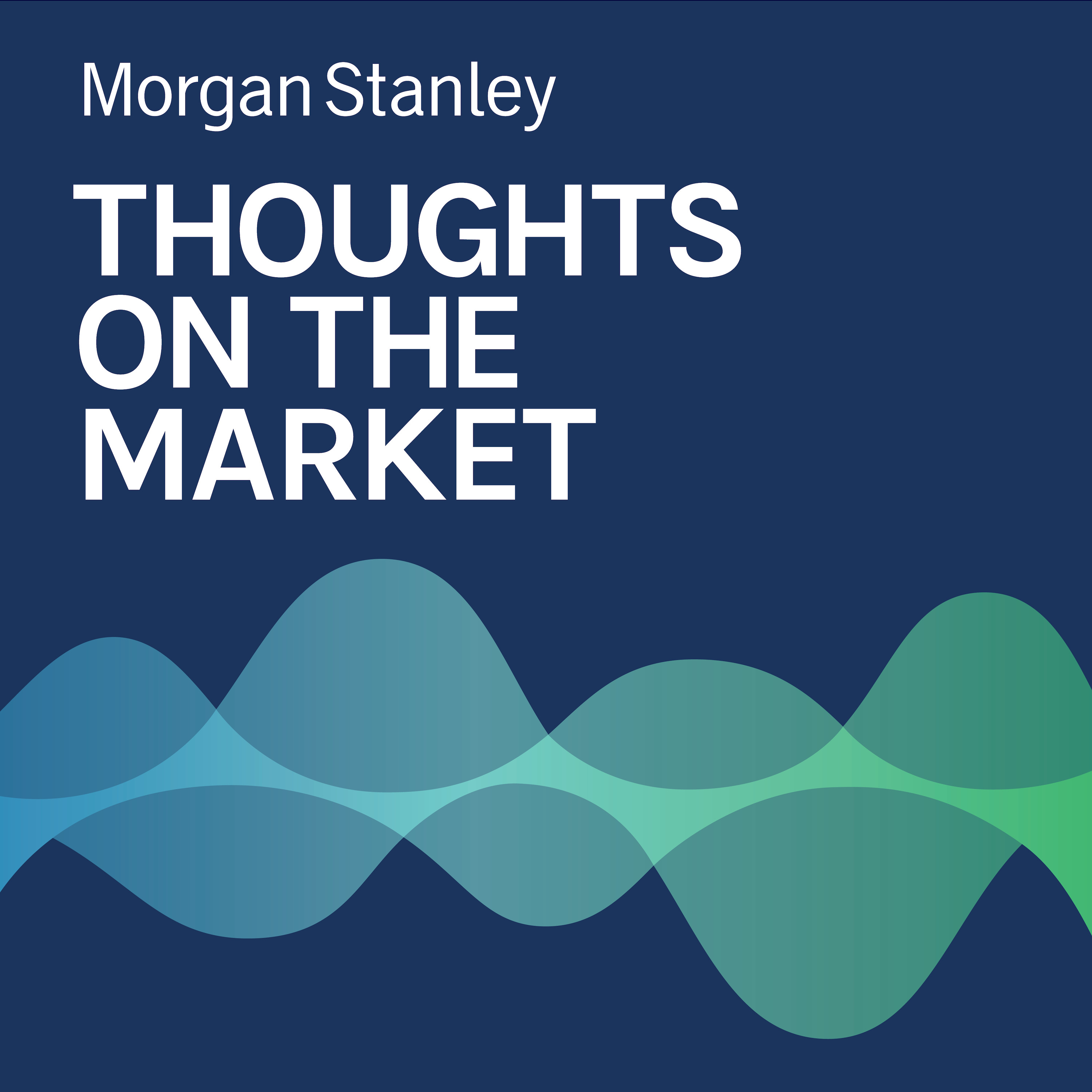ESG: A New Framework for Utilities

b"
Increasing ESG pervasiveness has led to increasing confusion, in particular around how investors might apply these criteria to the utility sector. Head of Sustainability Research and Clean Energy Stephen Byrd and Equity Analyst for the Power and Utilities Industry Dave Arcaro discuss.
----- Transcript -----
Stephen Byrd Welcome to Thoughts on the Market. I'm Stephen Byrd, Morgan Stanley's Global Head of Sustainability Research and Clean Energy.
Dave Arcaro And I'm Dave Arcaro, Equity Analyst for the Power and Utilities Industry.
Stephen Byrd And on this special episode of the podcast, we'll be discussing a new framework for investors to approach ESG analysis within the utility space. It's Thursday, October 13th, at noon in New York.
Stephen Byrd Our listeners are no doubt well aware that ESG criteria\\u2014that is environmental, social and governance criteria\\u2014have become an increasingly important part of the investment process. This growth has been spurred by a continual search for better long term financial returns, as well as a conscious pursuit of better alignment with values. Yet despite ESG's seeming pervasiveness within the financial ecosystem, there's been a genuine confusion and even controversy among investors about how to apply ESG metrics to the utility sector in particular. And so, in an effort to bring clarity to this key market debate, today we're going to share an innovative framework designed to drive both Alpha, which is the returns aspect, and impact, which is the societal benefit. So Dave, let's start with the problem. What causes this investor confusion and how does the new ESG framework address this problem?
Dave Arcaro There are a few sources of confusion or debate that we're hearing from investors. The first seems to be centered on the lack of a clear distinction between ESG criteria that are likely to have a direct impact on stock performance, and then those that are more focused on achieving the maximum positive impact on ESG goals. Secondly, there is too much focus directly on carbon emissions, and there isn't enough focus on the social and governance criteria in the utility space. These can also have an impact on stocks and on key utility constituents, things like lobbying, operations, customer relationships. The new ESG framework that we've introduced here addresses these issues. It expands the environmental assessment, incorporates specific social and governance criteria that are most relevant for utilities, like customer and lobbying metrics, and it adds a new perspective. For each of these metrics, we assess which ones truly have an impact on alpha generation and which ones have the largest purely societal impact.
Stephen Byrd And stepping back, Dave, we've seen that the utility sector is arguably the best positioned among the carbon heavy sectors in terms of its ESG potential. Can you walk us through that thought?
Dave Arcaro Utilities are in a unique position because they can often create an outcome in which everybody wins when it comes to decarbonizing. This is because when utilities shut down coal and replace it with renewables, it often has three benefits; carbon emissions decline, customer bills are reduced because renewables have gotten so cheap and the utility also grows its earnings. So, it's a strong incentive for utilities to set ambitious plans to decarbonize their fleets.
Stephen Byrd Now Dave, typically, when considering the E, that is environmental criteria, ESG analysis tends to focus solely or primarily at least on carbon dioxide. Is this a fair approach or should investors be considering other factors?
Dave Arcaro We think other factors should come into play here, and we recommend investors consider the rate of change in carbon emissions, the CO2 intensity of the fleet, risks from climate change, and also impacts on biodiversity. Some of these are more readily available than others, but we think the environmental assessment should expand beyond a simple look at carbon emissions.
Dave Arcaro So, Stephen, I want to turn it to you. The E part of ESG is always drawing attention when investors talk about utilities. But so far it seems that there's been little focus on the S, social, and G, governance, criteria when assessing U.S. utilities. What are some of the key areas that investors should concentrate on?
Stephen Byrd The utility sector really is one of the most heavily regulated sectors, so both social and governance factors can impact the success of the utility business and drive stock performance as well. The short list of metrics that we found to have a clear linkage to share price performance would be one, corporate spending on lobbying activities, especially through 501c4 entities. Two, operational excellence, which for utilities really reflects safety and reliability. Three, risk of customer defection due to high bills and worsening grid reliability. And four, impacts to low-income communities. So, we use these metrics to round out a holistic ESG assessment of the industry.
Dave Arcaro And last but not least, how does the new Inflation Reduction Act legislation figure within the kind of ESG framework Morgan Stanley is proposing here?
Stephen Byrd Yeah, the Inflation Reduction Act really is a big deal for our sector. To be specific, the Inflation Reduction Act provides significant, wide-ranging support for decarbonization technologies really across the board, including wind, solar, storage and clean hydrogen. As a result, this legislation could accelerate progress for utility decarbonization strategies in a way that also drives earnings and alpha. For that reason, within our framework, we specifically consider whether a utility is a beneficiary of the Inflation Reduction Act, given the potentially very large positive impacts on both the business and the environment.
Stephen Byrd David, thanks for taking the time to talk.
Dave Arcaro Great speaking with you, Stephen.
Stephen Byrd And thanks for listening. If you enjoy Thoughts on the Market, please leave us a review on Apple Podcasts and share the podcast with a friend or colleague today.
"